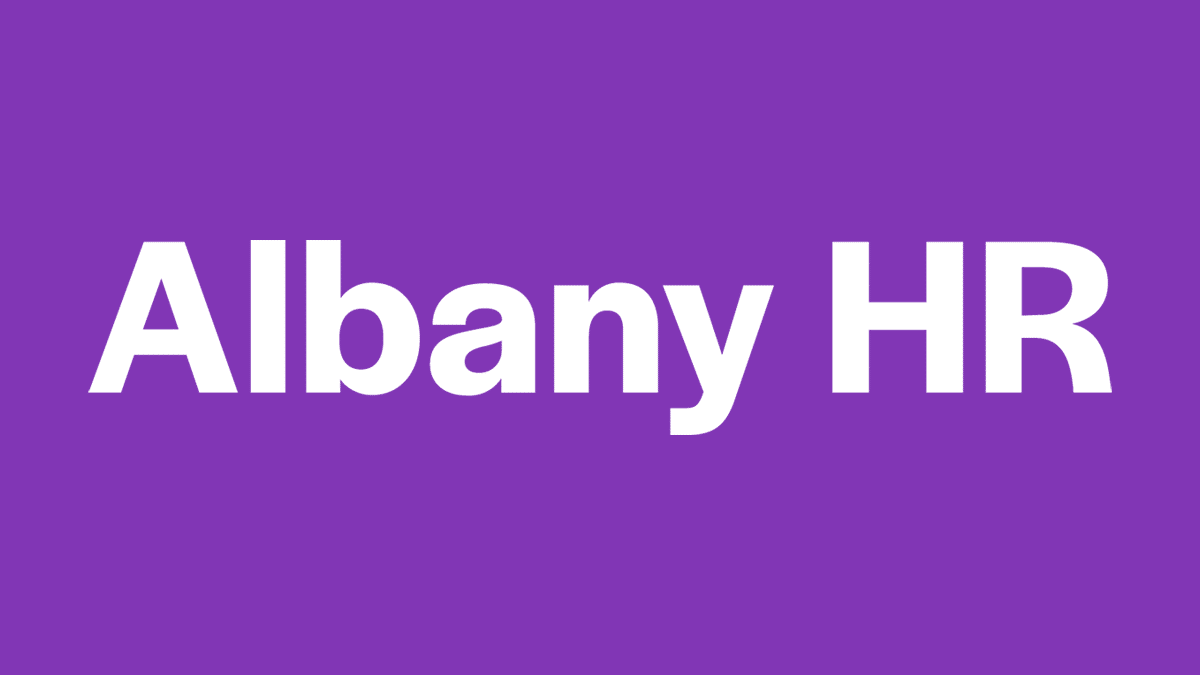This week marks the start of 16 Days of Action Against Domestic Violence. Disturbingly in the year ending March 2020, an estimated 2.3 million adults aged 16 to 74 years experienced domestic abuse (1.6 million women and 757,000 men), according to a Government Factsheet. It is the growing awareness made possible by the efforts by Victoria Atkins MP, and the landmark Domestic Abuse Act 2021, that will hopefully encourage more to come forward and report it.
We support this initiative and are keen to promote awareness of this critical issue. By helping employers, we hope to support victims further.
What is domestic abuse?
The official government definition is:
“Any incident or pattern of incidents of controlling, coercive, threatening behaviour, violence, or abuse between those aged 16 or over who are, or have been, intimate partners or family members regardless of gender or sexuality. The abuse can encompass, but is not limited to psychological, physical, sexual, financial, emotional.”
Many of us think of domestic abuse as something far removed from our lives, yet abuse can be insidious. Its effects are far reaching, affecting children, family, friends, pets, and employment. Many survivors go on to experience problems such as Post Traumatic Stress Disorder (PTSD), financial difficulties, and sometimes in desperate situations they could face homelessness. Disturbingly, a victim of abuse may prefer the ‘safety’ of being on the street to remaining at home. The shame of domestic abuse can also make it difficult to spot as the victims may be accomplished in keeping their situation secret. But what can you do as an employer if you suspect something is going on with an employee?
Domestic Abuse Policy
The first steps you can take are raising awareness and this can be by introducing a policy and communicating your stance and the support you can offer. Whilst some victims may never disclose domestic abuse, having a supportive policy and training for line managers in place may stress the importance your organisation places on zero tolerance of domestic abuse and communicating the support that is available.
Support for individuals
You can offer employees experiencing domestic abuse a broad range of support. This may include, but is not limited to:
- -Special paid leave for relevant appointments, including with support agencies, solicitors, to rearrange housing or childcare, and for court appointments.
- -Temporary or permanent changes to working times and patterns.
- -Changes to specific duties, for example to avoid potential contact with an abuser in a customer facing role.
- -Redeployment or relocation.
- -Measures to ensure a safe working environment, for example changing a telephone number to avoid harassing phone calls.
- -Using other existing policies, including flexible working.
- -Access to counselling/support services in paid time.
- -Access to courses developed to support female survivors of domestic abuse, for example The Freedom Programme or assertiveness training.
For more support on any policies, you feel your business needs and getting the best out of your employees in your organisation, please get in touch for a chat. We would love to help.
Albany HR your outsourced HR Partner, has a team with over 50 years’ combined experience. We help you succeed through your people and can assist in all areas of HR including:
- People Strategy
- Recognition & Reward
- Employee Relations
- Employee Wellbeing
- HR Policies & Employment Contracts
Get in touch to discuss if our services can support you. Email us at letstalk@albanyhr.com or call for a chat – 0131 364 4186.
Domestic Abuse Act 2021: overarching factsheet – GOV.UK (www.gov.uk)

